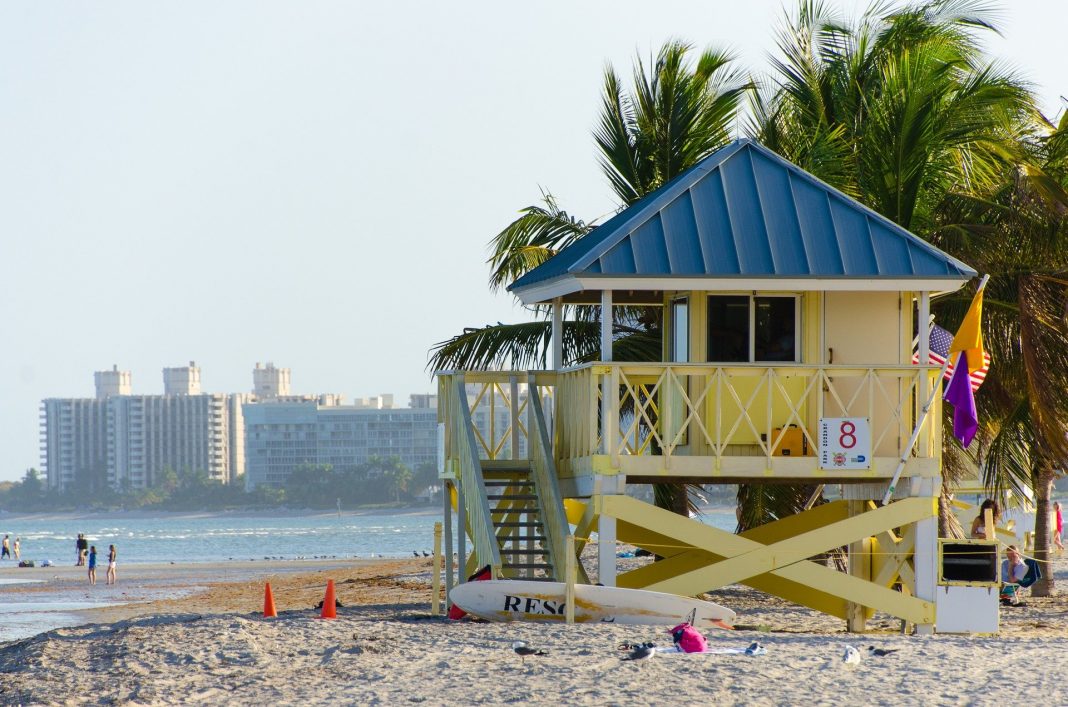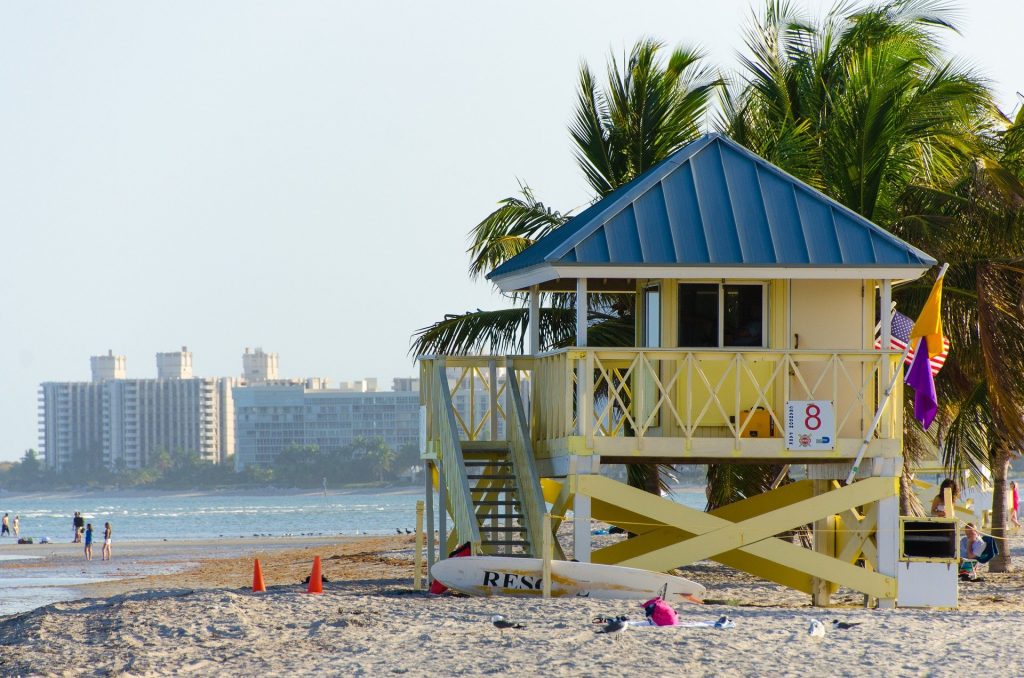

While University of Miami canceled spring break this semester because of the pandemic, other universities kept the week-long break in place. With that, another tradition also remained in place – spring break on South Beach.
Some UM students may be envious of the hundreds of students who have flocked to South Beach to get their party on, but many say they worry that the student tourists will make local COVID-19 cases rise.
“We’ve gone through a year of this pandemic; they could have stayed home instead of coming to South Beach to act a fool,” said Asia Chester, a sophomore biochemistry major.
Other students suggest the state should have taken more drastic measures.
“Florida should have closed off its airports from people trying to visit unless they are coming for a death or an emergency,” said Taylor Rose, a junior psychology major.
“I feel as though people could have waited a couple of more months to come until after they got vaccinated,” said sophomore film student Shane Shakoor.
According to new state guidelines, all Florida residents 18 and older can receive the COVID-19 vaccine starting April 5. President Joe Biden recently announced that the majority of adults will be eligible to receive vaccinations on April 19.
CDC guidelines emphasize the importance of social distancing, wearing a mask and staying home if sick. But Florida’s popular clubs and beaches are making it difficult for spring breakers to stay at home, even during a pandemic, and even though the city of Miami Beach issued a state of emergency in its entertainment district, forcing businesses to close in observance of the 8 p.m. curfew.
“It’s the governor’s fault for declaring Florida as an ‘oasis of freedom,’” said Natalia Jimenez, a sophomore majoring in computer science and anthropology.
In February, Gov. Ron DeSantis boasted about Florida’s more lenient social distancing protocols.
“We are in an an oasis of freedom in a nation that’s suffering from the yoke of oppressive lockdowns,” he said at the Conservative Political Action Conference in Orlando, just weeks before the start of spring break. “Florida got it right, and the lockdown states got it wrong.”
But some students say Florida got it wrong in not anticipating that Miami Beach, long a popular spring break destination, would become a holiday hangout for out-of-control spring breakers who have been cooped up for months during the pandemic.
“They should have been anticipating spring breakers because it happens every single year since the ’70s,” said Julia Rauton, a sophomore business technology major.
“I would say ‘boo’ to the spring breakers,” said Ella Sadler, a sophomore journalism major. “But I also get it; they just don’t know how it’s affecting other people.”
Jimenez said she faults police for not properly dealing with the hordes of young visitors.
Following viral videos of partiers crowding the South Beach area, officials imposed an 8 p.m., effective until April 12. However, many ignored the curfew and continued partying along the beach past 8 p.m. In response, police have acted in force, even resorting to pepper spraying and tackling partygoers out past curfew.
Many UM students say they are not surprised that students ignored the 8 p.m. curfew.
“If you tell somebody not to do something, they’re going to want to do it even more,” said Andrew Siciliano, a sophomore computer science major. “No one’s going to listen to an 8 p.m. curfew at South Beach, so officials are just going to cause more people to protest the decision. Instead, they should have acted on a business side of things and closed down clubs.”
But, according to the Miami Beach Police Department, visitors made up slightly more than half of the more than 1,000 arrests during the early part of the break.
The rest are locals who came to join the partying, including some UM students who would not go on record to say they were in the mix.
Zoe Skerlos also contributed to this report.






